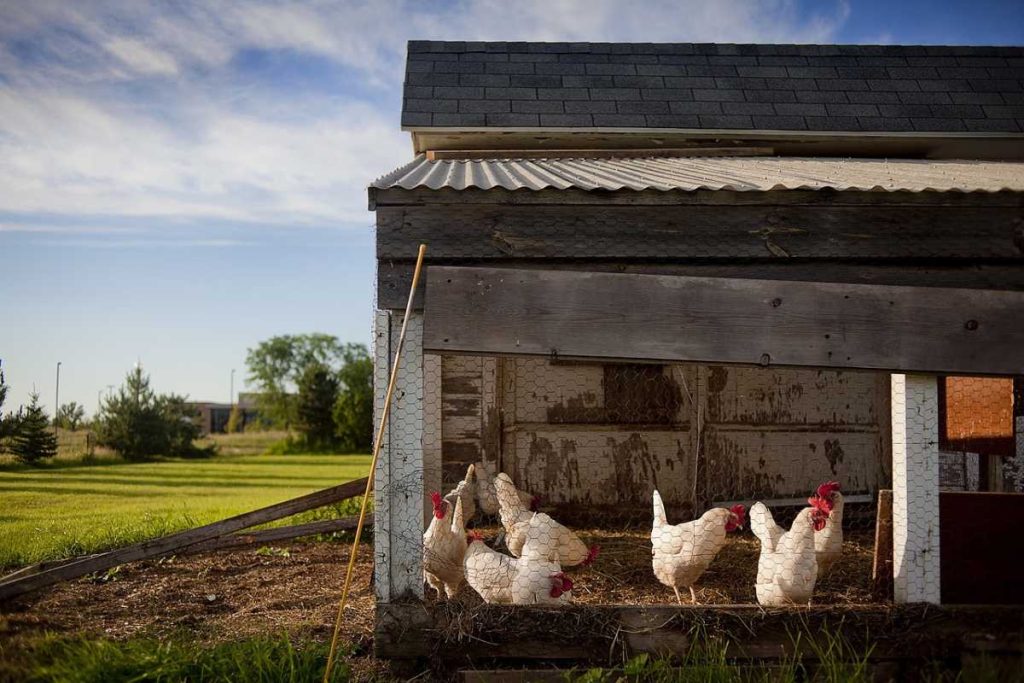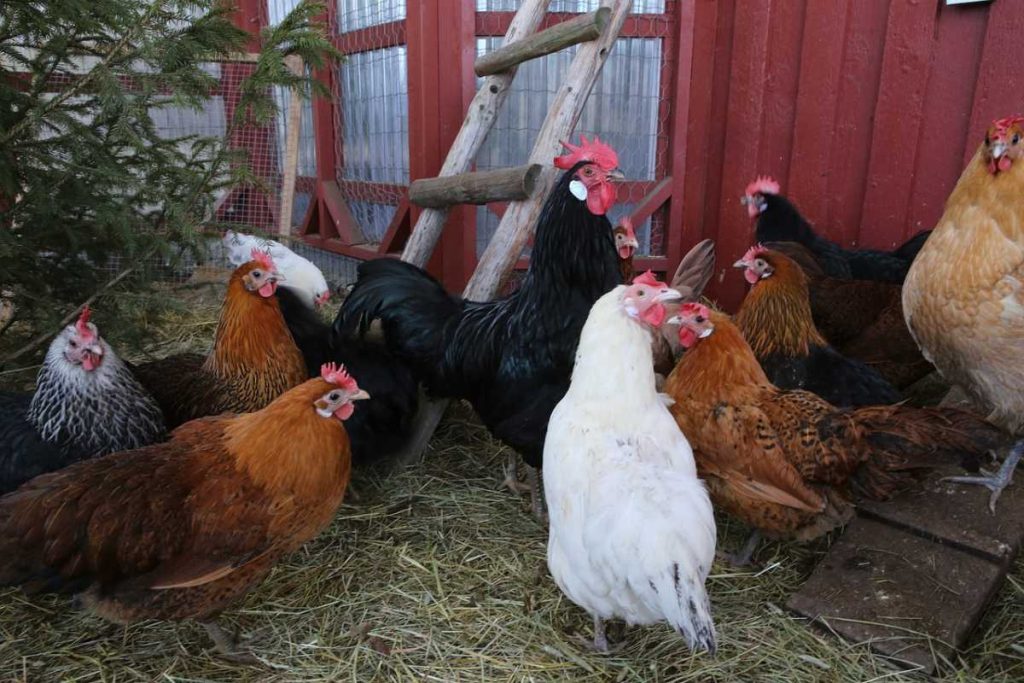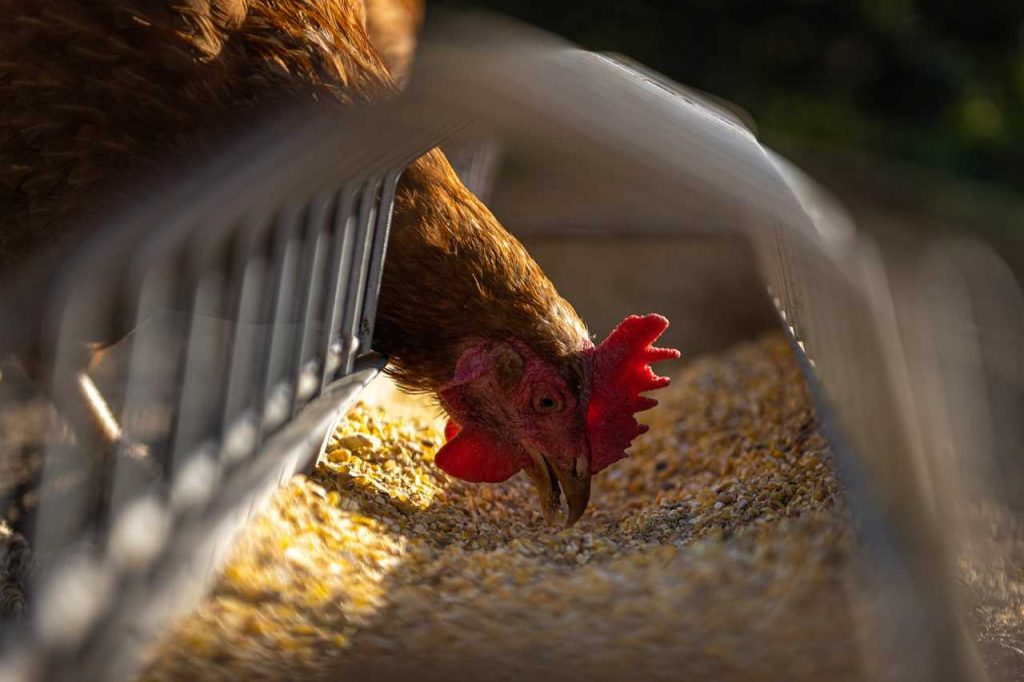Raising chickens can be a rewarding venture, offering fresh eggs and the joy of caring for animals. However, it’s important to understand the costs involved before diving in. This guide outlines the various expenses associated with raising chickens, helping you make informed decisions and budget effectively.
The idea of having a backyard flock is appealing for many reasons: the satisfaction of raising your own food, the companionship of animals, and the benefits of fresh eggs. Yet, like any investment, raising chickens comes with its own set of costs. Understanding these expenses helps you evaluate whether chicken-keeping is right for you, how to budget effectively, and how to maximize your investment.

Overview of Expenses
The costs of raising chickens can be categorized into several key areas:
- Initial Setup Costs
- Coop and Run
- Equipment
- Initial Purchase of Chickens
- Ongoing Care Costs
- Feed
- Water
- Bedding
- Health Care
- Supplements and Treats
- Miscellaneous Costs
- Utilities
- Permits and Regulations
- Insurance
Let’s explore each category in detail.
1. Initial Setup Costs
A. Coop and Run
Building or Buying a Coop
- DIY Coop: If you’re handy, building your own coop can cost anywhere from $200 to $500, depending on the materials and design. You’ll need wood, nails, roofing, and paint.
- Pre-made Coop: Buying a pre-made coop can range from $300 to $2,000 or more, depending on size and features. Consider your flock size; a small coop might suffice for 3-5 chickens, while a larger flock requires a more spacious setup.
Run Area
- Fencing: To protect your chickens from predators, you’ll need fencing, which can cost about $100 to $300, depending on the type (e.g., wire, wooden).
- Ground Cover: Gravel or wood chips for the run can cost around $50 to $100, depending on the area size.
B. Equipment
Basic Supplies
You’ll need various equipment for your chickens, including:
- Feeders: $10 to $30 each, depending on size and material.
- Waterers: $10 to $30 each. Automatic waterers can be more expensive but save time.
- Nesting Boxes: $15 to $30 each. You can DIY or purchase them.
- Bedding: Straw or wood shavings cost around $5 to $15 per bag.
C. Initial Purchase of Chickens

Costs of Chickens
- Pullets (young hens): Typically, pullets cost between $15 to $30 each, depending on breed and age.
- Chicks: Baby chicks can cost around $3 to $5 each, but consider the additional care and equipment they need.
Assuming you start with a flock of 5 pullets at $20 each, the cost would be approximately $100.
2. Ongoing Care Costs
A. Feed
Types of Feed
- Starter Feed for Chicks: For the first 6 weeks, chicks require starter feed, costing about $20 for a 50-pound bag.
- Grower Feed for Pullets: Transition to grower feed, costing approximately $20 for a 50-pound bag.
- Layer Feed for Hens: Once they start laying eggs, layer feed is necessary, costing around $25 for a 50-pound bag.
Estimated Monthly Cost
For a flock of 5 hens, you might spend around $25 to $50 monthly on feed, depending on their growth stage and appetite.
B. Water
Water Costs
Chickens need access to fresh water daily. While the cost of water may vary based on your utility rates, the average monthly cost can be around $5 to $10.
C. Bedding
Bedding Replacement
Bedding should be replaced regularly to keep the coop clean and dry. Depending on your coop size and the type of bedding used, expect to spend about $5 to $15 monthly.

D. Health Care
Veterinary Costs
- Routine Checkups: Regular veterinary checkups can cost between $30 to $100 annually.
- Vaccinations and Medications: Budget approximately $50 to $100 for vaccinations and medications throughout the year.
- Emergency Care: Unexpected health issues can arise. Setting aside $100 to $200 annually for emergencies is wise.
E. Supplements and Treats
Nutrition Enhancements
Chickens benefit from occasional treats and supplements. Expect to spend about $10 to $20 monthly on items like scratch grains, kitchen scraps, or vitamins.
3. Miscellaneous Costs
A. Utilities
Electricity and Water for Coop
If your coop requires heating or cooling, electricity costs can add up. Budget about $10 to $20 monthly for utilities. Water costs will be included in your ongoing care costs.
B. Permits and Regulations
Local Regulations
Some areas require permits for keeping chickens. Costs vary widely but can range from $10 to $100. Check local regulations to determine what’s needed in your area.
C. Insurance
Liability Insurance
If you’re concerned about liability, consider homeowner’s insurance that covers livestock. Costs can vary widely, so check with your insurance provider.
Example Budget Breakdown
Here’s a sample budget for raising 5 chickens over the first year:
| Expense | Estimated Cost |
|---|---|
| Initial Setup Costs | |
| Coop and Run | $500 |
| Equipment | $100 |
| Initial Purchase of Chickens | $100 |
| Total Initial Costs | $700 |
| Ongoing Care Costs | |
| Feed (monthly) | $40 x 12 = $480 |
| Water (monthly) | $10 x 12 = $120 |
| Bedding (monthly) | $10 x 12 = $120 |
| Health Care (annual) | $150 |
| Supplements and Treats (monthly) | $15 x 12 = $180 |
| Utilities (monthly) | $15 x 12 = $180 |
| Total Ongoing Costs | $1,330 |
| Overall Total (Year 1) | $2,030 |
Tips for Reducing Costs
- DIY Coop and Equipment: Building your own coop and equipment can save significant costs.
- Buy in Bulk: Purchasing feed and bedding in bulk can lead to discounts.
- Grow Your Own Feed: Consider planting grains or forage crops to supplement your chickens’ diets.
- Community Resources: Join local farming communities or chicken-keeping groups for shared resources and advice.
- Proper Care: Maintaining the health of your flock will reduce veterinary expenses in the long run.
Conclusion
Raising chickens involves various expenses, from initial setup costs to ongoing care. By understanding these costs and planning effectively, you can enjoy the benefits of chicken-keeping while minimizing your financial investment.
Whether you’re seeking fresh eggs, natural pest control, or simply the joy of raising animals, knowing how much to budget can help you create a sustainable and enjoyable chicken-keeping experience. With the right preparation and care, raising chickens can be a fulfilling and cost-effective venture that brings many rewards to your home.



